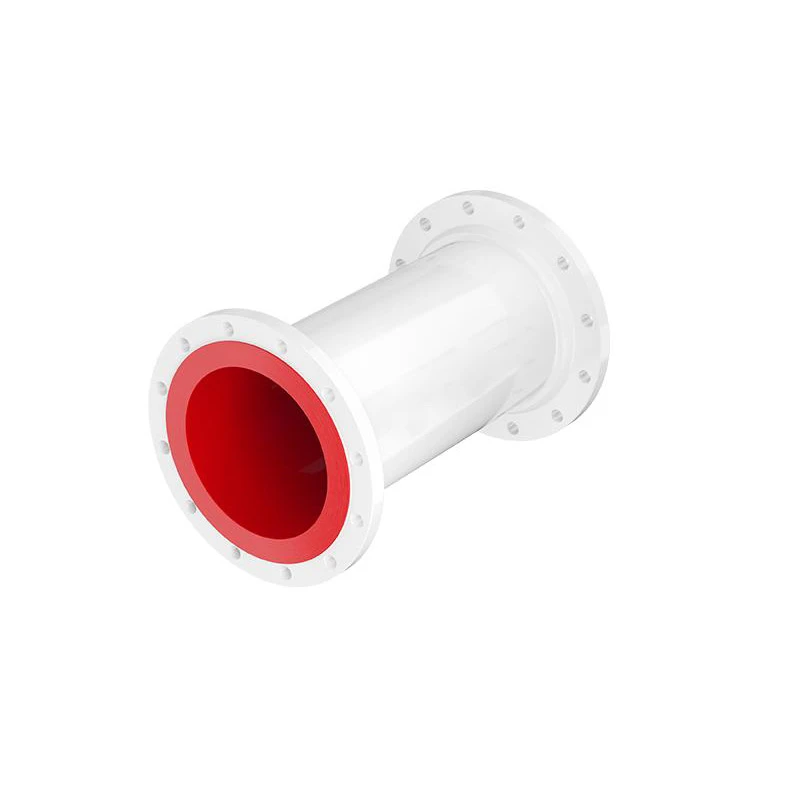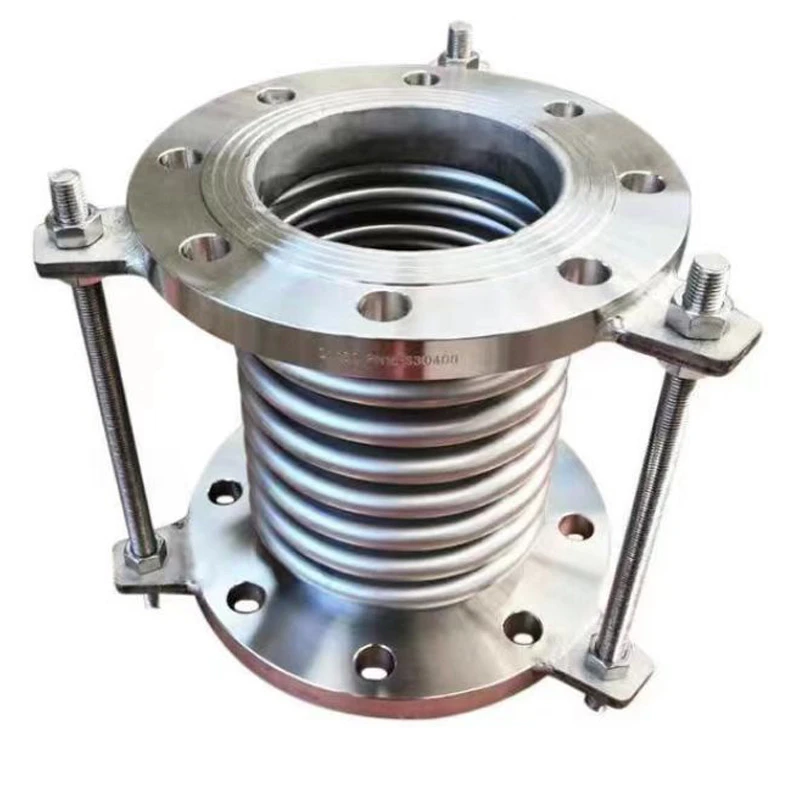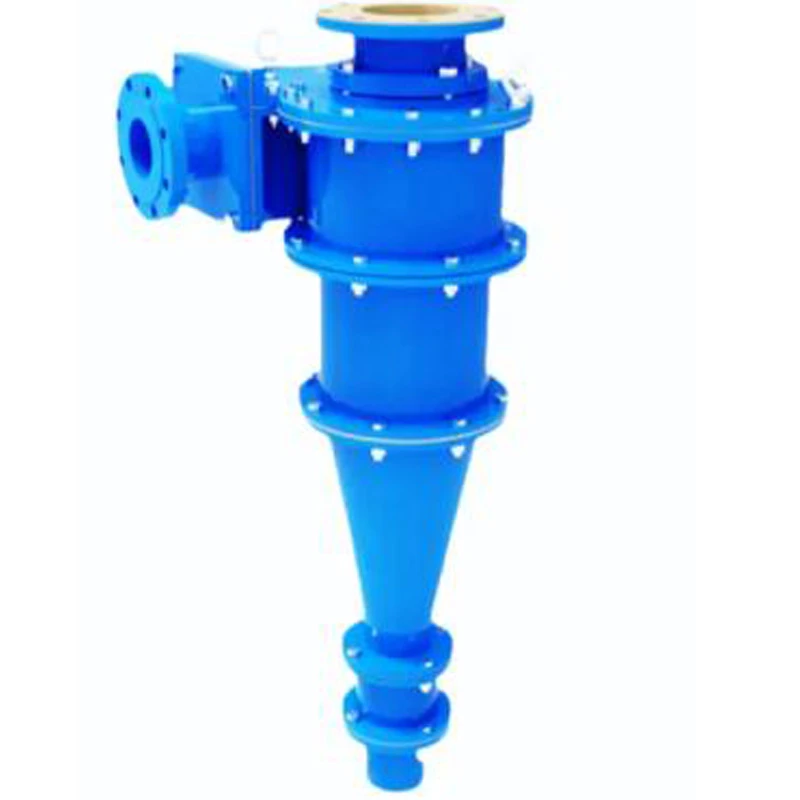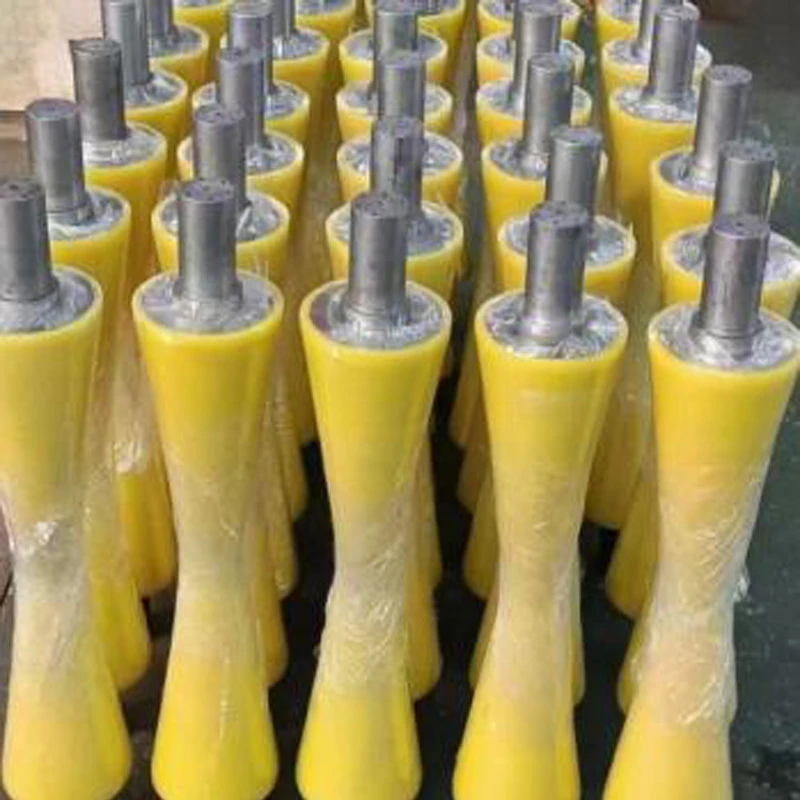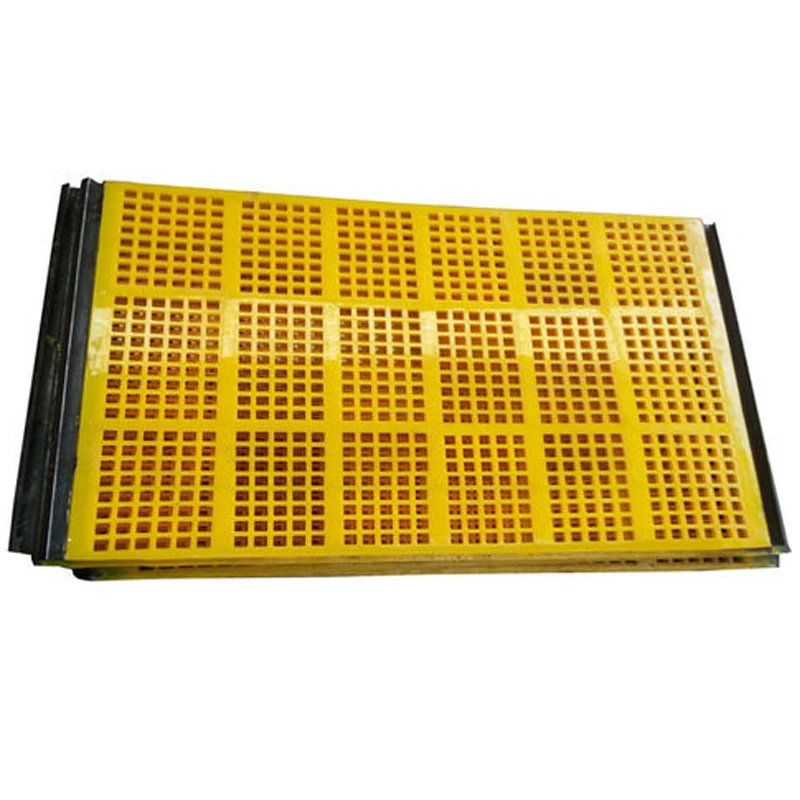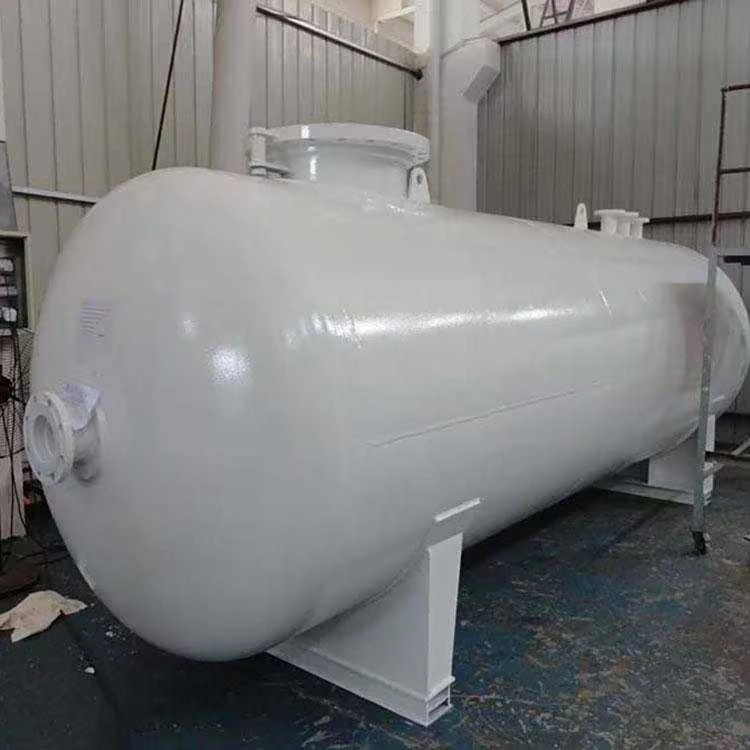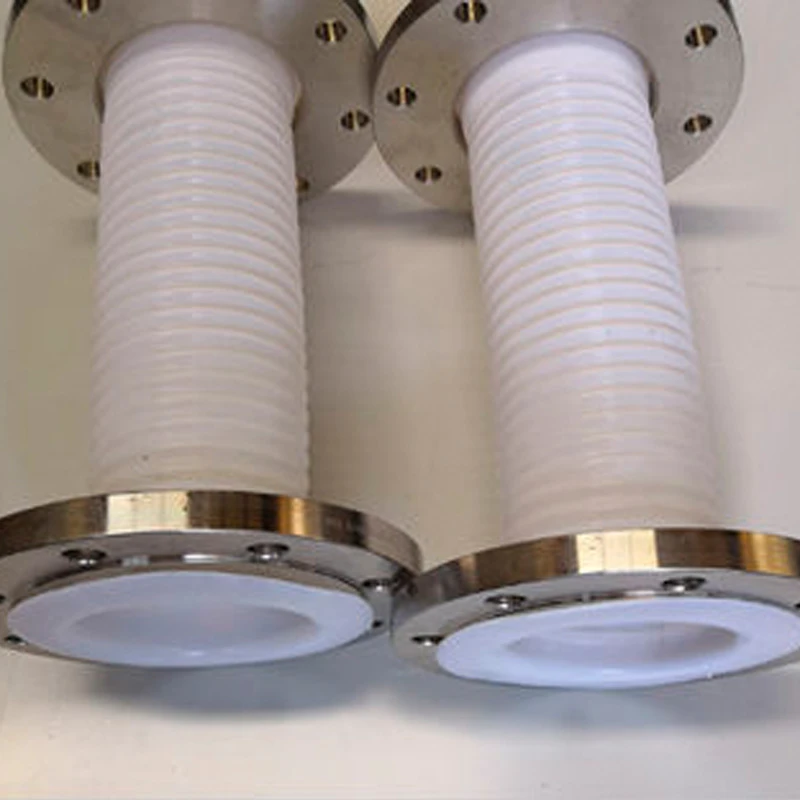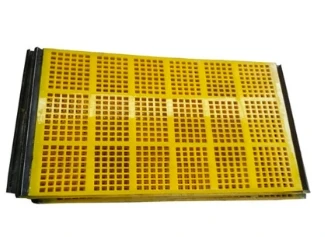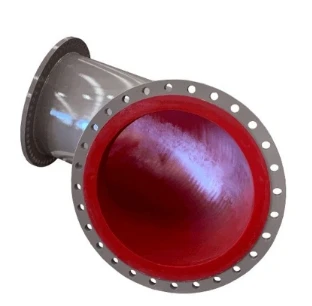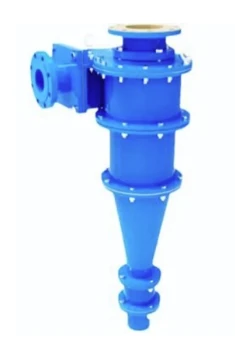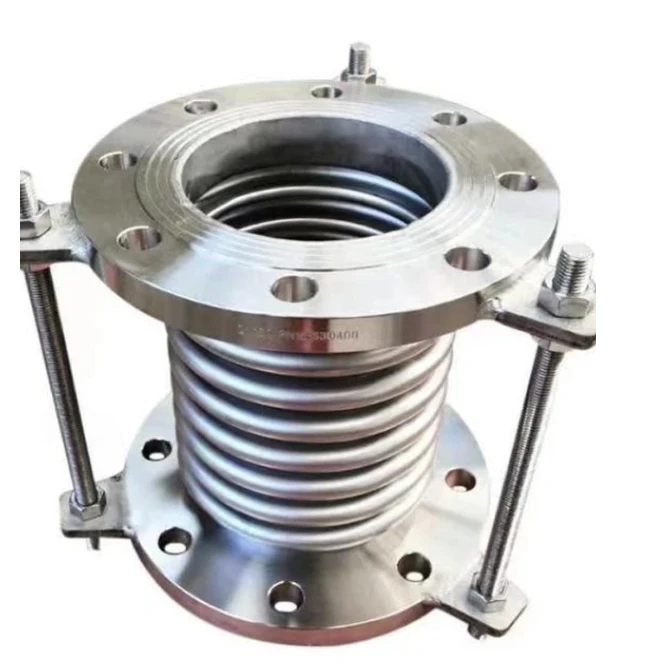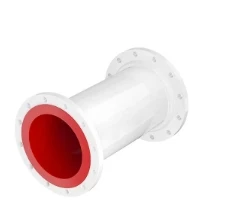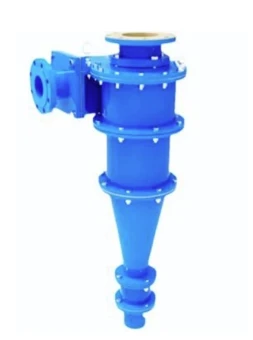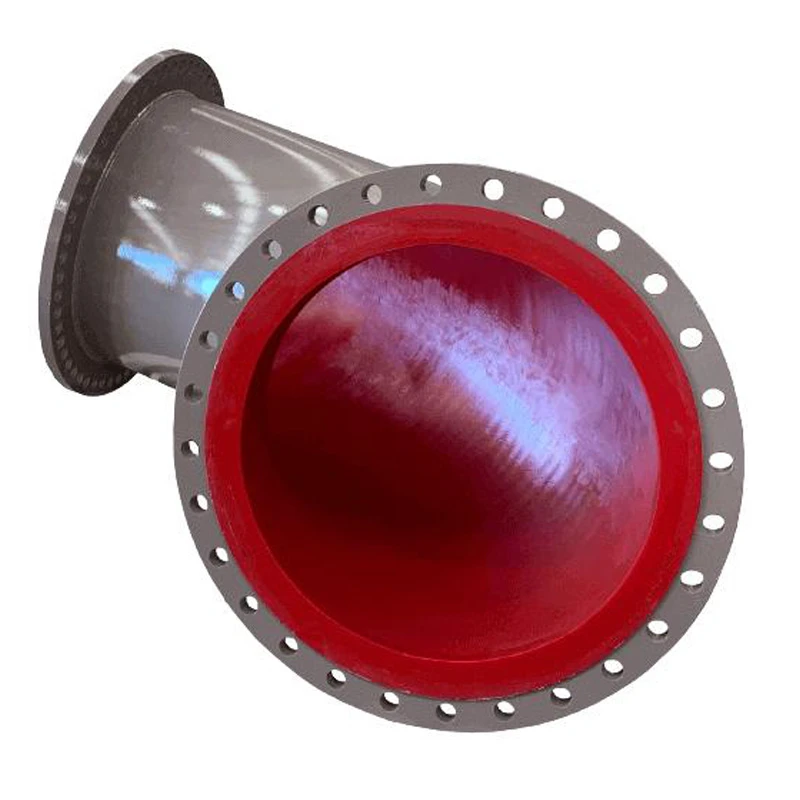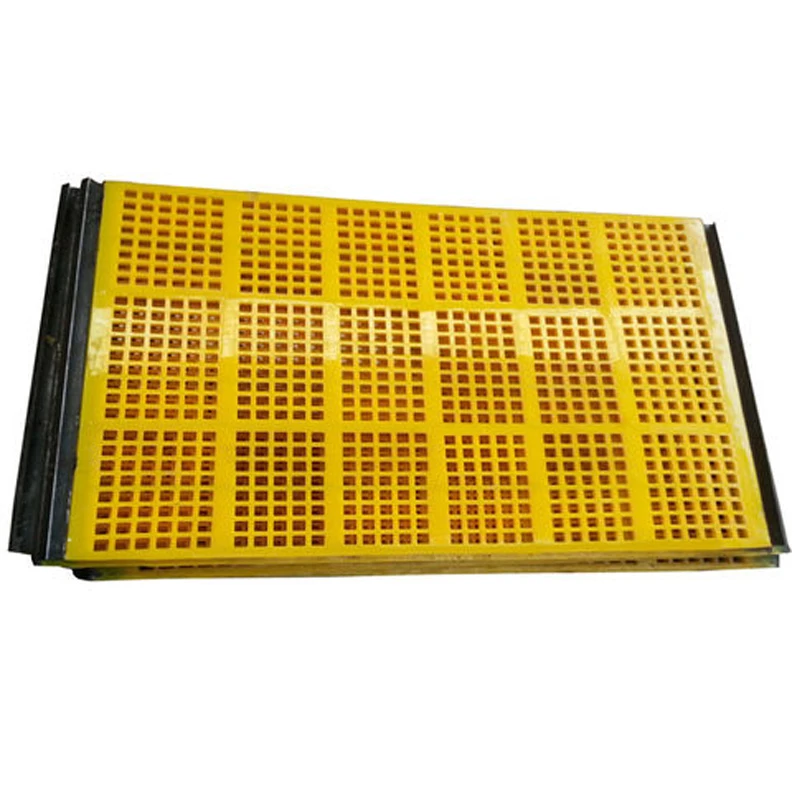Interlock Flex Pipe 6-Layer Stainless Steel Metal Hose for High-Pressure & Heat Resistance
Did you know 41% of industrial accidents stem from faulty piping systems? When your metal hoses fail under 800°F heat or 250 PSI pressure, downtime costs $17,000/hour on average. That's why forward-thinking engineers are switching to 6-layer stainless steel interlock flex pipe
s - the armored solution modern industry demands.
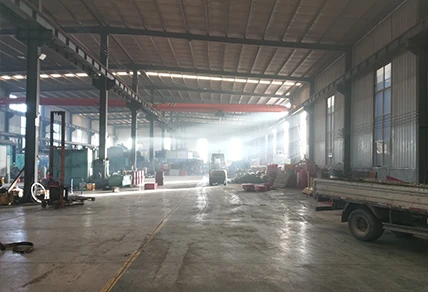
(interlock flex pipe)
Engineering Superiority: 6-Layer Armor Technology
Our interlock metal hose outperforms traditional models with:
- ✅ 304L/316L stainless steel braids
- ✅ -320°F to +1200°F range
- ✅ 50% higher burst pressure (380 PSI)
- ✅ 360° torsion capability
Head-to-Head: Flex Pipe Showdown
| Feature | Standard Hose | Our Interlock Flex |
|---|---|---|
| Lifespan | 2-3 years | 7-10 years |
| Maintenance Cost | $4,200/yr | $680/yr |
Your Custom Solution Blueprint
Need 1.5" diameter with PTFE lining? Special flange connections? Our stainless steel flex pipe configurations adapt like liquid metal:
🔥 48-hour prototype turnaround
🔥 15+ standard diameters (0.5" to 12")
🔥 20+ end connection types available
Proven in Battle: Global Success Stories
When PetroCo needed leak-proof hoses for Arctic drilling (-60°F), our interlock flex pipes delivered 18 months of flawless operation. How's that for cold hard results?
Stop Gambling With Inferior Pipes
Get your FREE pressure resistance analysis from FlexPro engineers - valued at $850. Limited to first 30 responders this month!
⭐⭐⭐⭐⭐ 4.9/5 from 1,237 industrial clients
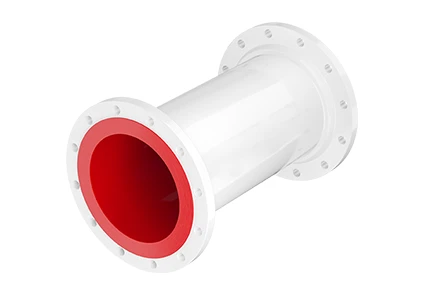
(interlock flex pipe)
FAQS on interlock flex pipe
Q: What materials are used in an interlock flex pipe?
A: Interlock flex pipes are typically made from high-quality stainless steel (e.g., 304 or 316 grades) for durability and corrosion resistance. The interlocking design enhances flexibility while maintaining structural integrity. They are ideal for high-pressure and high-temperature applications.
Q: How does an interlock metal hose handle extreme temperatures?
A: Interlock metal hoses are designed with stainless steel, which withstands temperatures up to 600°F (315°C) or higher. Their braided or interlocked structure prevents deformation under thermal stress. This makes them suitable for industrial heating systems or exhaust applications.
Q: What are the advantages of a 6-inch stainless steel flex pipe?
A: A 6-inch stainless steel flex pipe offers superior airflow capacity and flexibility for large-scale systems. Its corrosion-resistant properties ensure longevity in harsh environments. It’s commonly used in HVAC, automotive, and chemical processing industries.
Q: Can interlock flex pipes be used for chemical transportation?
A: Yes, stainless steel interlock flex pipes resist many corrosive chemicals, especially when made with 316-grade steel. Always verify compatibility with specific chemicals before use. They are widely used in chemical plants and laboratories.
Q: How do I maintain an interlock metal hose?
A: Regularly inspect for abrasions, leaks, or kinks, and clean with mild solvents to remove debris. Avoid bending beyond the hose’s minimum radius to prevent damage. Proper storage in dry conditions extends its lifespan.
Related Products
Our main products are polyurethane lined pipes, mining equipment fittings and metal hoses.




